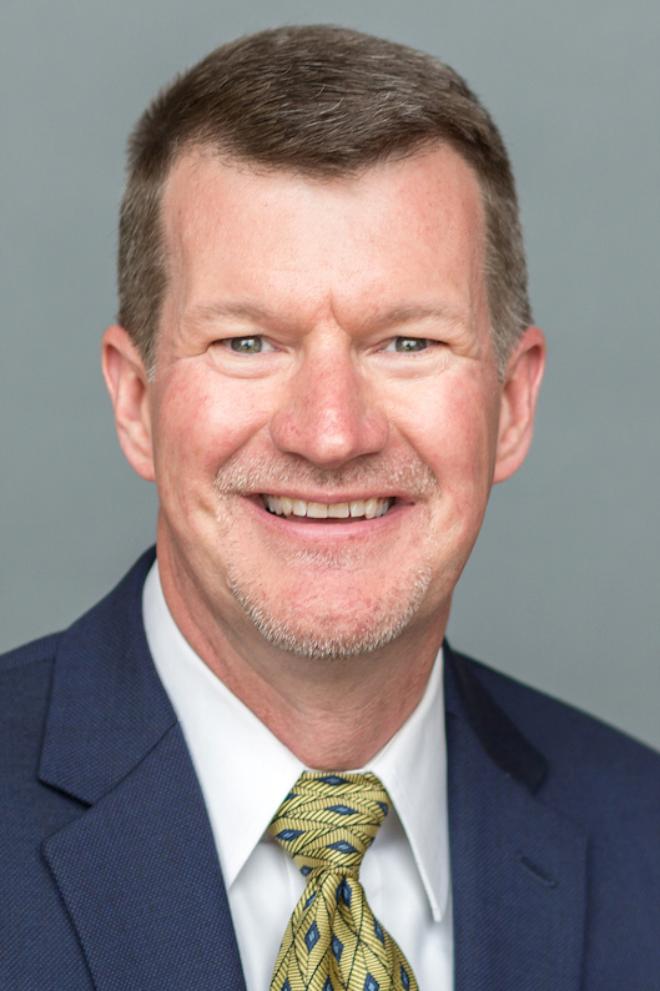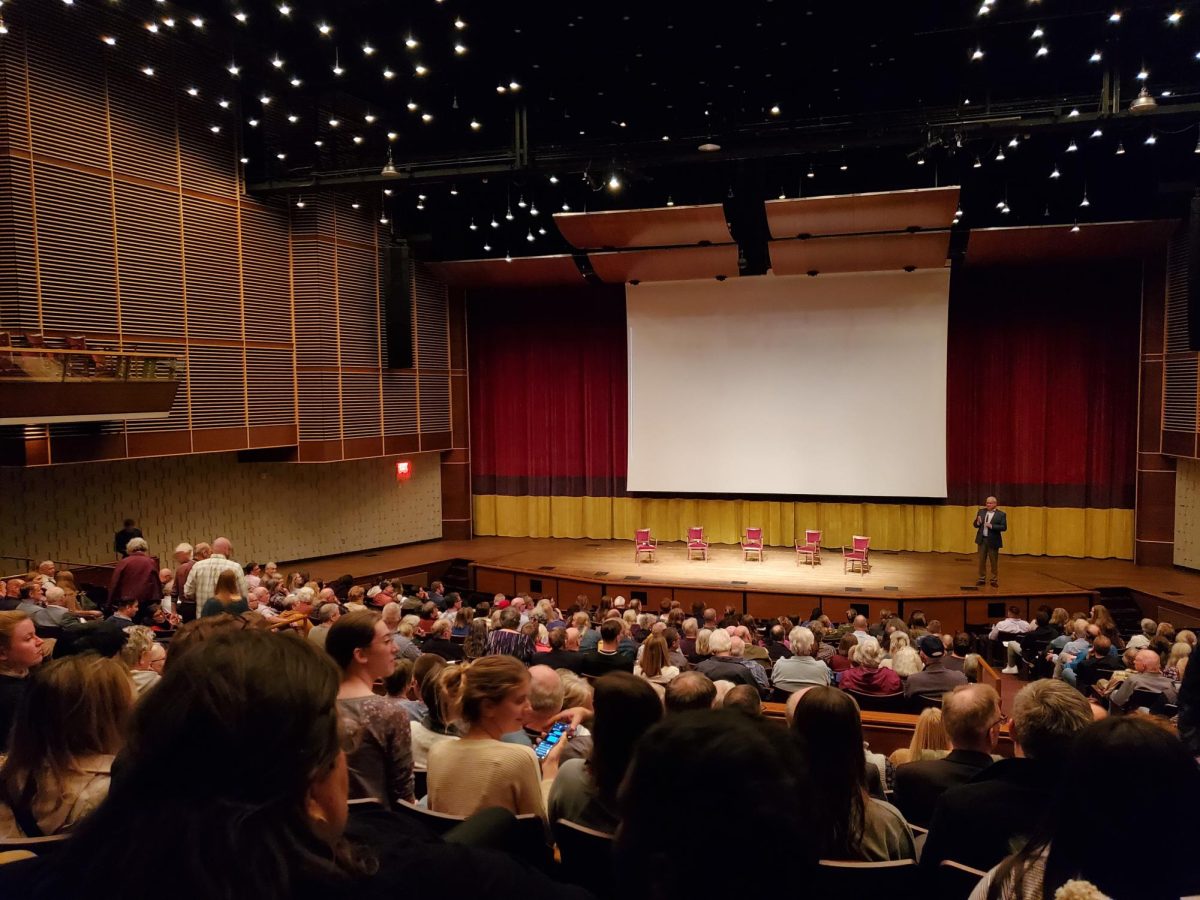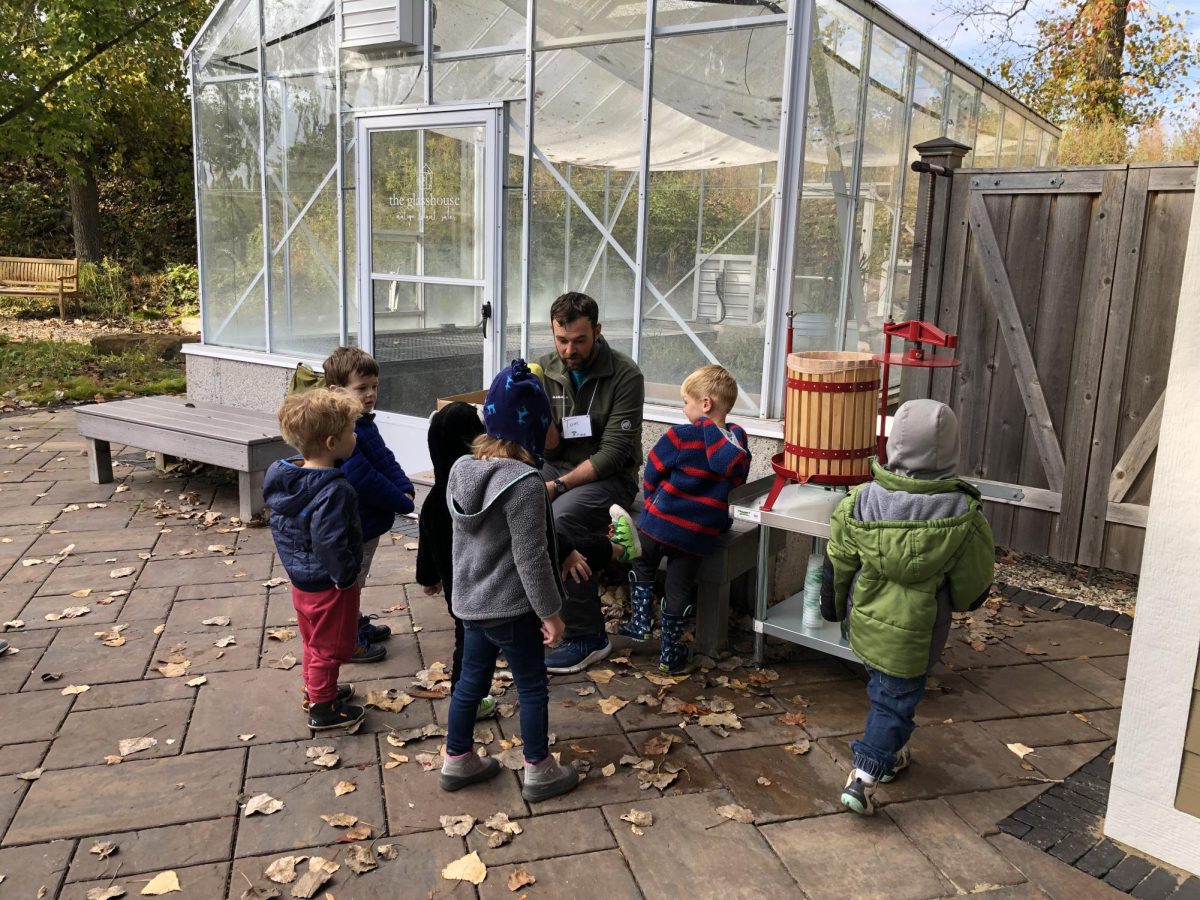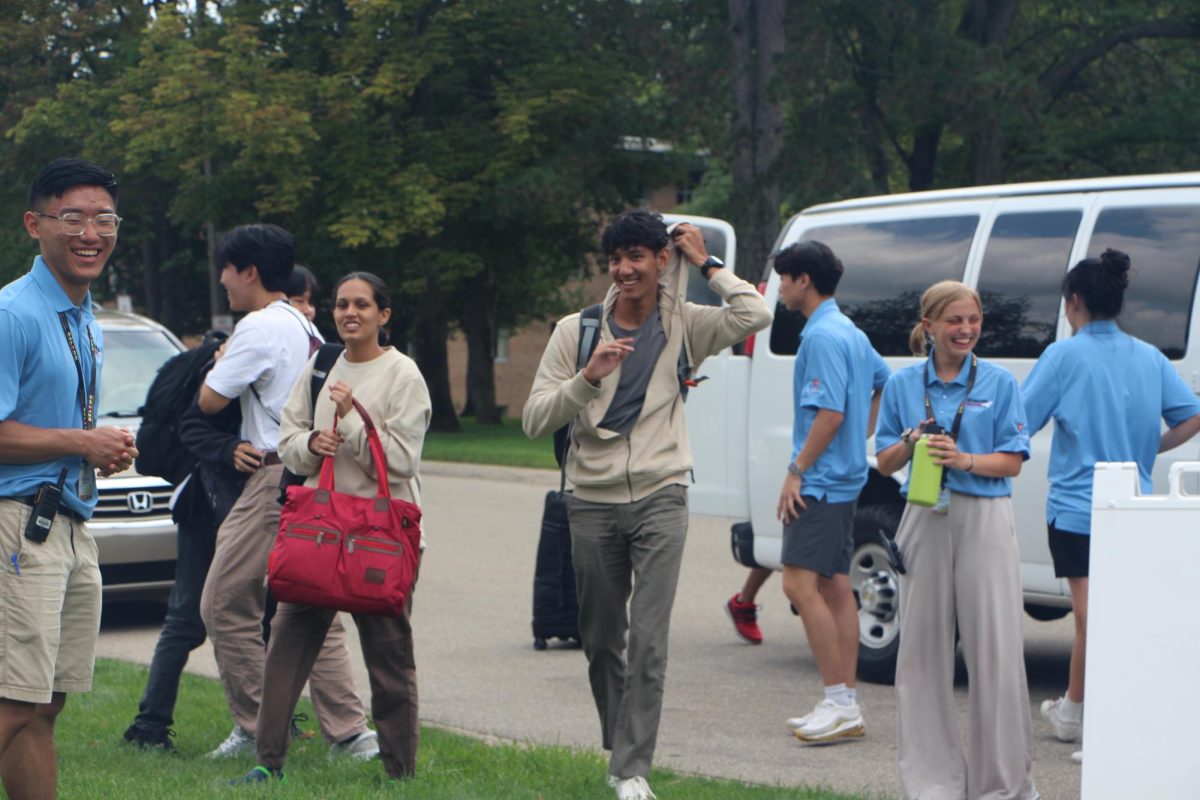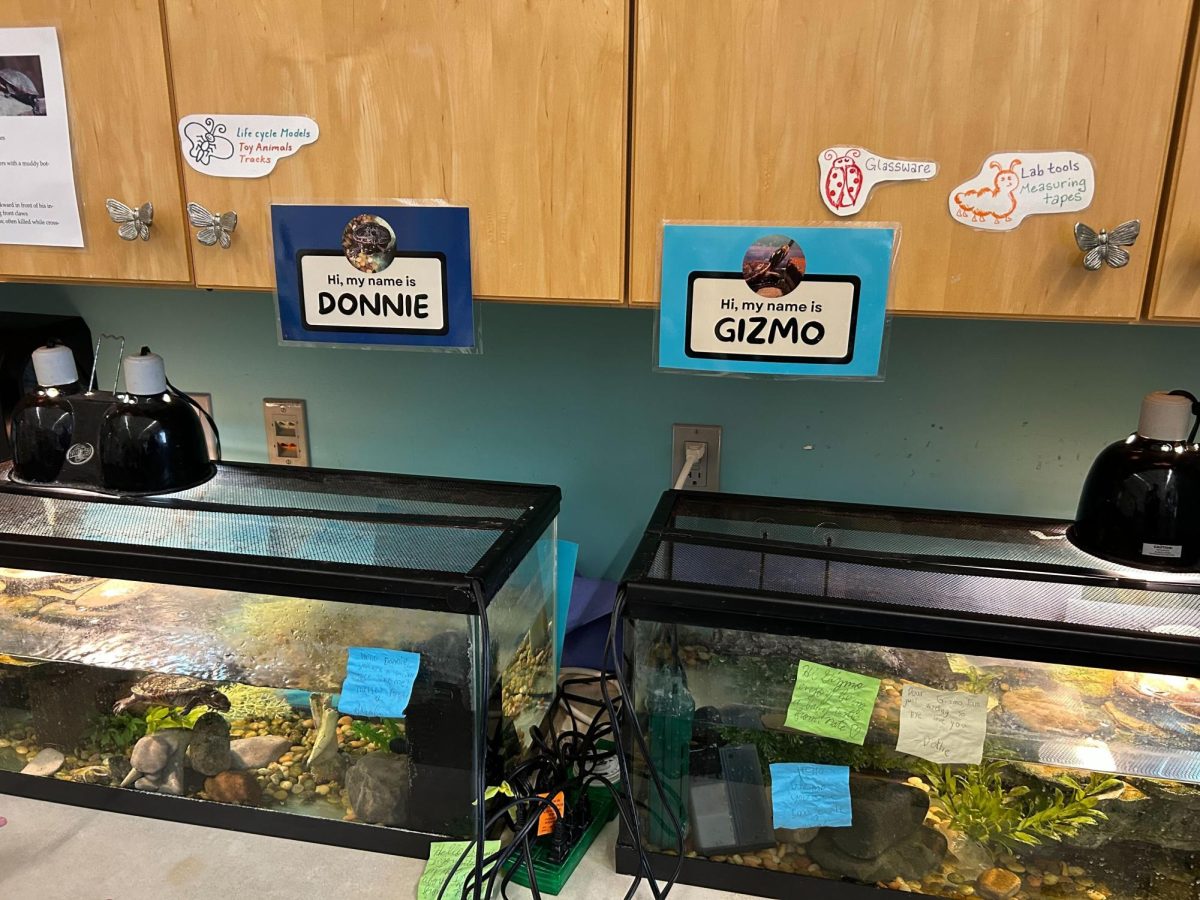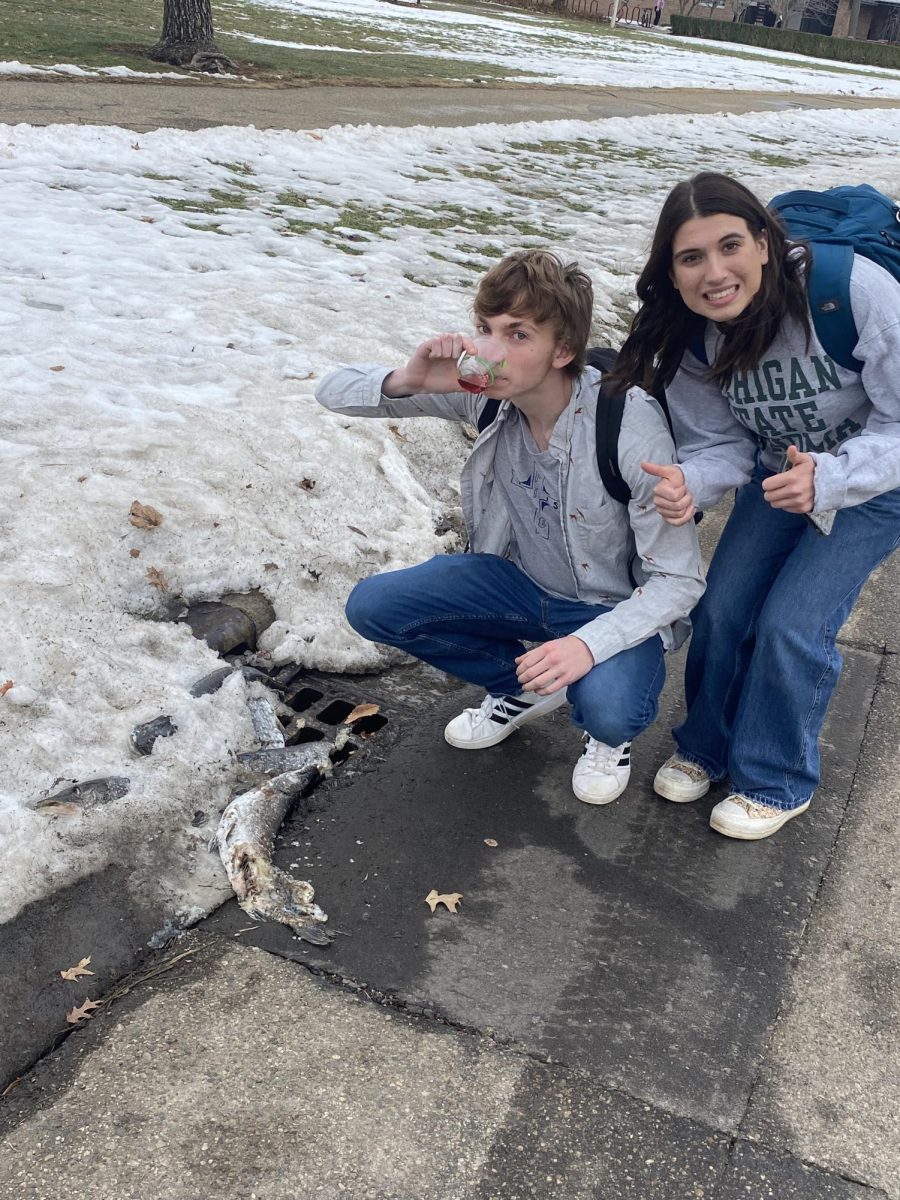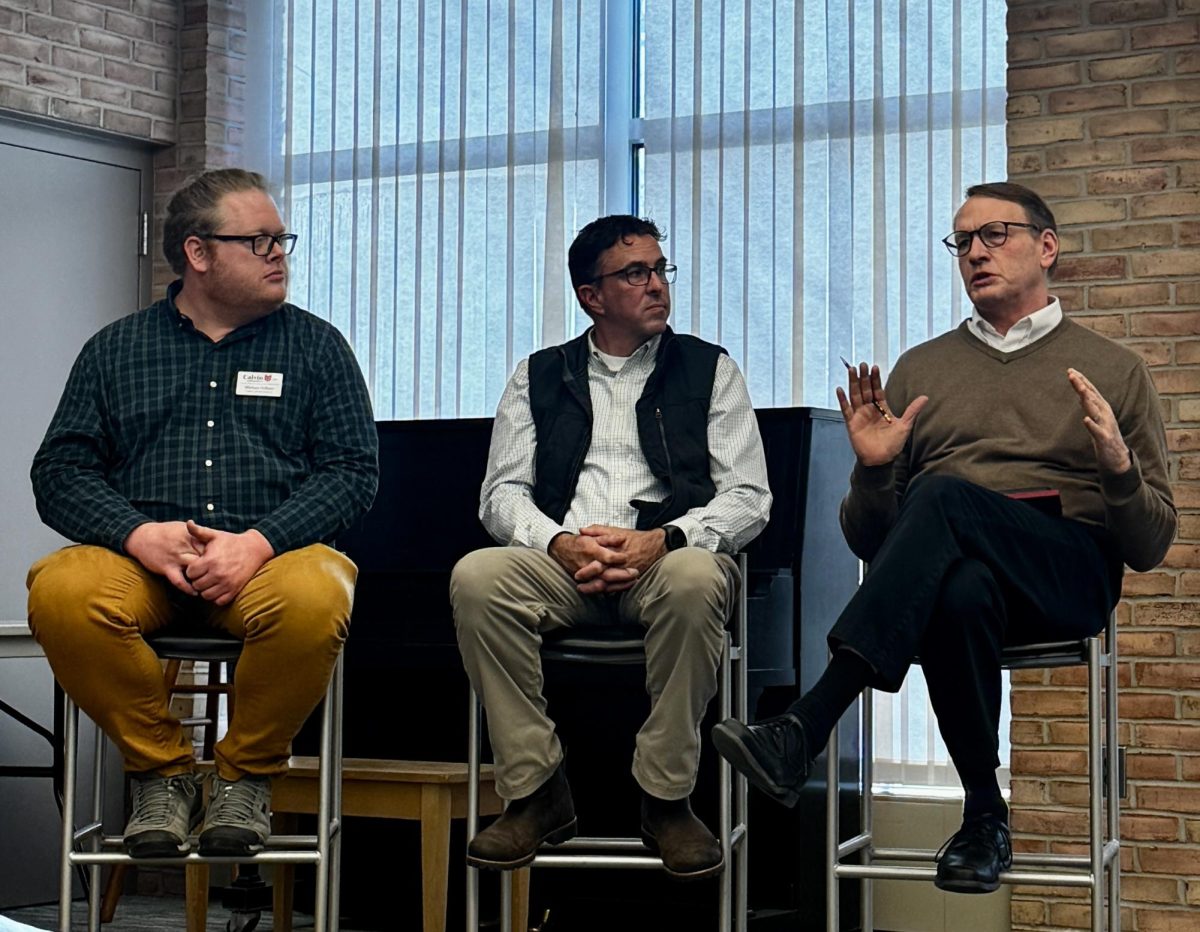Do you love Calvin so much that you can’t bear to be separated from it for the entire summer? Then you might consider competing for one of the prestigious summer research positions.
Every summer, when most of Calvin goes home for summer jobs, some students stay behind. These students are either taking summer courses or employed by Calvin.
Calvin offers a variety of summer employment opportunities. But some of the most sought after are research positions. This job allows students to gain crucial, major-specific skills while creating connections for future employment.
Senior Lauren Walker had the opportunity to work in a research position this past summer. Walker, a triple major in psychology, international relations and Spanish, worked with professor Emily Helder of the psychology department.
Their official project title was “Cognitive and Behavioral Outcomes for International Adoptees.”
The research description, when put in layman’s terms by Walker, is a little bit easier to understand.
“We were studying international-adopted kids and their adjustment over time. One, two or three years after adoption.” said Walker.
According to Walker, the research focused on three main questions: how are the adoptees doing academically, behaviorally and emotionally?
But the study didn’t simply end with gathering research. They also worked on application of research in order to help the adoptee adjust to their environment.
“Also, we asked how can we use that information to help other adopted kids adjust better, and tell parents what to expect,” said Walker.
A typical day for Walker involved arriving to work around 8 or 9 a.m. Professor Helder and she would then debrief on the participant attending that day; specifically how long the participant had been in the States and the specific challenges they, as a research team, had to address.
After the discussion, they would select the age-appropriate tests. Once the participating families arrived, Walker would administer the tests to the children while professor Helder interviewed the parents.
Walker tested the children on neuropsychology, which, she explained, contained such things as academic achievement, inhibition, executive functioning, memory and fine motor skills.
After the participating family had left, Walker would score the tests and then pass them on to professor Helder, who would write a summary for the parents.
This project fit perfectly with Walker’s research interests — international adoption, adjustment of adopted kids and cross-cultural experiences — while blending her majors of psychology and international development.
“My classes gave me a better understanding of the psychology tests I did,” said Walker. “My international development classes helped me think in broader brush strokes. All of life is interconnected.”
Walker did not come out of the summer with simply the results of numerous tests. She took away lessons that will benefit her in the long term, both in career and in life.
“I learned great attention to detail as I kept track of the data we collected.” said Walker. “Also, I learned how complex research questions can be, and how it’s important to think about all the aspects of a study that could be influential.”
As for how the experience has prepared her for her future, Walker only had good things to say.
“I understand the research process, the detail that goes into it, and the multi-faceted level of study.” said Walker. “I know that if I go to graduate school in psychology, I am prepared to succeed.”







